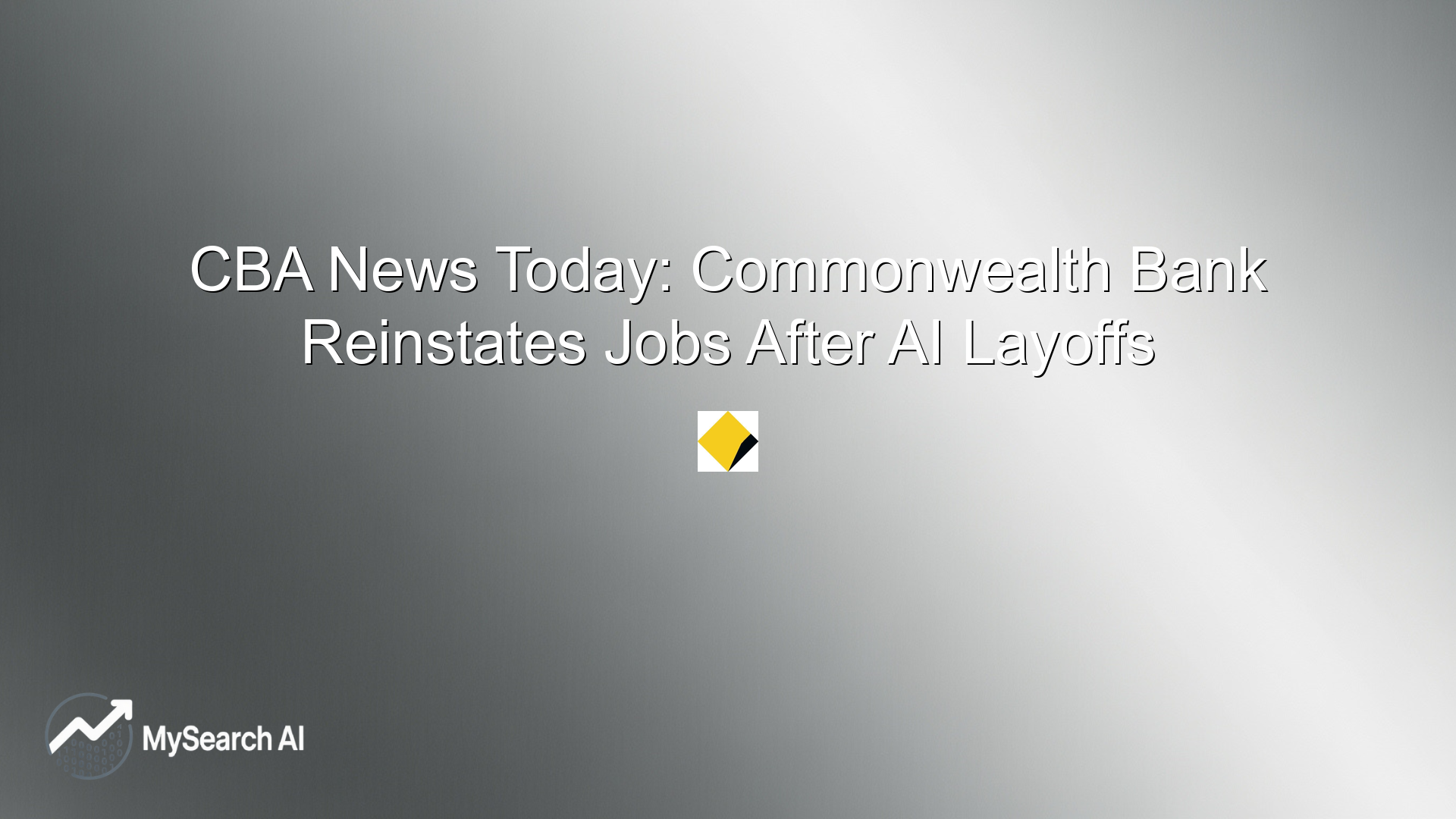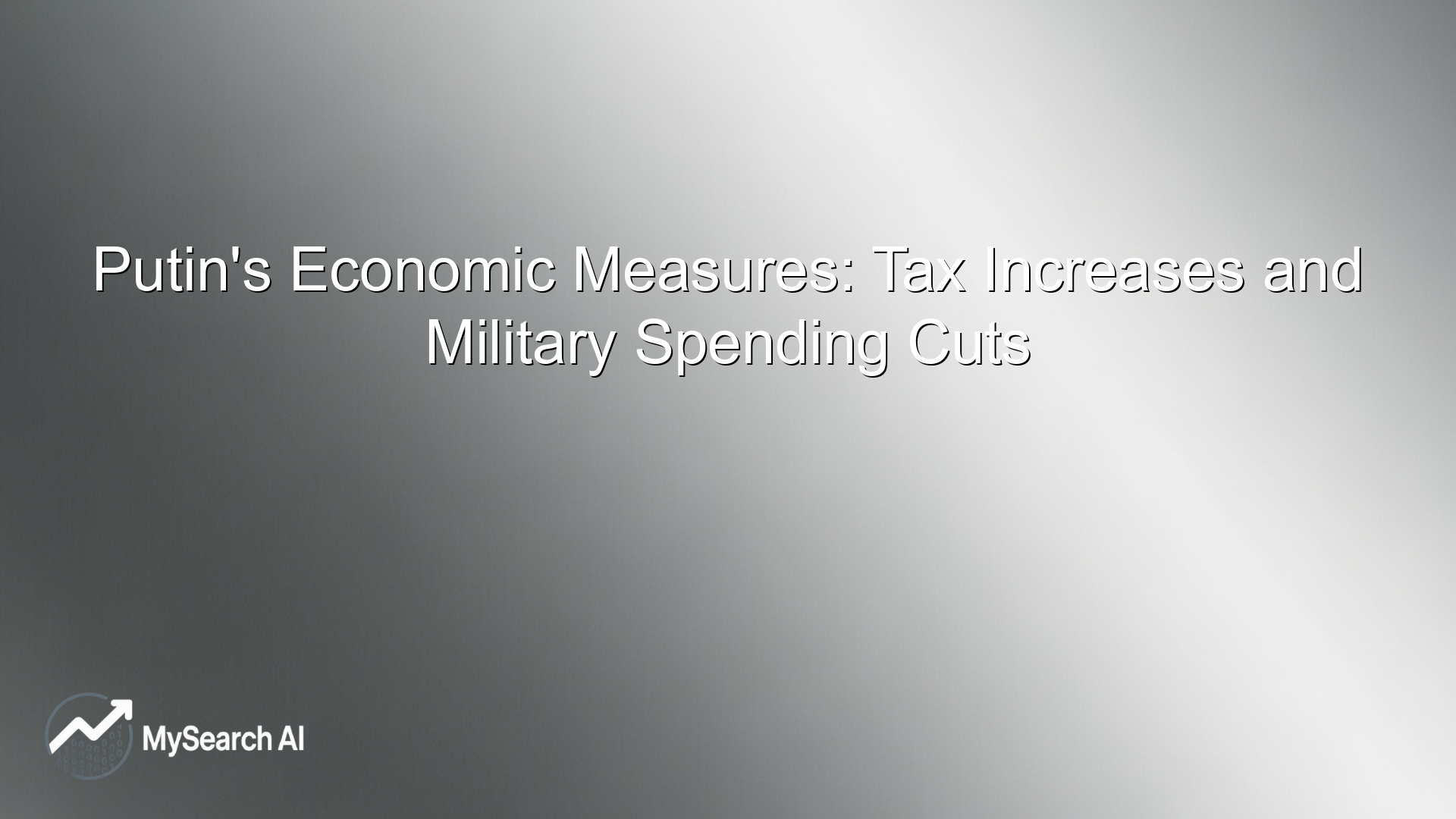Related Articles
Ask anything about stocks
Mons Solar: Financial Turmoil and Potential Bankruptcy
Mons Solar, a once-promising player in the solar panel industry based in Switzerland, is now teetering on the edge of financial ruin. Reports indicate that the company faces significant financial distress, leading to unpaid wages for employees and growing concerns about a potential bankruptcy. With the renewable energy sector gaining momentum globally, this financial turbulence in Mons Solar underscores important risks and challenges within the industry. Let’s delve into the unfolding crisis of Mons Solar and its implications on the broader market.
The Financial Downturn
Mons Solar’s financial troubles began surfacing in early 2024, when the company failed to meet its revenue targets. According to their annual report, revenue was down by 15% year-over-year, closing at $237 million compared to $279 million in 2023. This downturn was compounded by a costly expansion attempt into the Asian market, which did not yield expected returns.
The company, which notably aimed to innovate within solar technologies, has now found itself mired in debt. As of the first quarter of 2025, Mons Solar reported a debt accumulation of $340 million, an alarming increase from the $210 million reported in the same period the previous year. This financial strain has not only affected their ability to pay creditors but has also led to a delay in employee wages.
Analysts have raised concerns over Mons Solar’s long-term viability. With decreasing margins and increased competition, the sustainability of their business model is under serious scrutiny. A reduction in operational efficiency has been evident as their cost of production increased by 12% in the last quarter alone.
Employee Challenges and Unpaid Wages
The crisis at Mons Solar has had a direct impact on its workforce. Reports have emerged that employees across various departments have been facing delays in receiving their salaries. Unpaid wages, in some cases extending over three months, have resulted in growing unrest within the company.
This situation not only damages employee morale but also raises questions about the company’s internal management and financial planning strategies. The Swiss labor unions have started urging the company to resolve these wage issues promptly.
Employee concerns reflect deeply on the company’s leadership approach. With 2,500 employees globally, maintaining trust and operational efficiency is crucial. Unfortunately, a survey conducted in July 2025 showed that 65% of employees are considering leaving the company if financial conditions do not improve in the near term.
Implications and Market Reaction
The potential for Mons Solar bankruptcy has set off alarm bells not just within the company but also among investors and stakeholders. The broader market reaction to this crisis highlights significant worries about the overall stability of solar energy companies, especially those that have overextended financially.
In recent weeks, the company’s stock price has plummeted by over 40%, as investors fear the possibility of insolvency. Market analysts have downgraded Mons Solar’s stock rating from ‘Hold’ to ‘Sell’, pointing to unsustainable debt levels and shrinking market share.
Moreover, this turmoil reflects larger market trends where the solar sector, despite its growth, faces challenges related to overcapacity and tariff fluctuations. Industry peers are now re-evaluating their investment strategies to avoid similar pitfalls, showing just how crucial efficient financial management and strategic foresight are in this fast-evolving landscape.
The Future Prospects
As concerns about Mons Solar’s bankruptcy mount, the company is reportedly exploring options to stabilize its finances. Potential strategies include restructuring debt, seeking government aid, or exploring mergers with stronger solar entities. Whether these steps will come in time to save the company remains uncertain.
Mons Solar’s situation serves as a cautionary tale for solar companies and investors. The necessity for balance between aggressive growth strategies and financial stability is evident. Furthermore, this crisis highlights the importance of strong, transparent corporate governance to weather economic downturns.
Platforms like Meyka offer investors real-time insights and analytics that could help predict such financial instabilities. By leveraging data-driven predictions, investors might better navigate the complexities of investing in volatile markets like solar energy.
Final Thoughts
Mons Solar’s financial crisis signals critical challenges within the solar industry, emphasizing the need for strategic financial planning and adaptive business models. As we continue to monitor the unfolding situation, the importance of platforms like Meyka becomes evident in providing the necessary insights to make informed investment decisions. This situation is a reminder of the volatile nature of renewable investments and the importance of vigilance in the face of economic uncertainty.
FAQs
What led to Mons Solar's financial troubles?
The financial troubles stem from unmet revenue targets, a failed attempt to expand into new markets, and accumulating debt, which led to significant financial strain.
How are the employees affected by Mons Solar's crisis?
Employees are facing delayed wages, leading to unrest and considerations of leaving the company if conditions do not improve soon. Labor unions are involved in seeking resolution.
What is the market reaction to Mons Solar's potential bankruptcy?
The market has reacted with concern, resulting in a 40% drop in stock prices and a downgrade of the company's stock rating. Investors worry about the potential for insolvency and the broader impact on the sector.
Disclaimer:
This is for information only, not financial advice. Always do your research.



